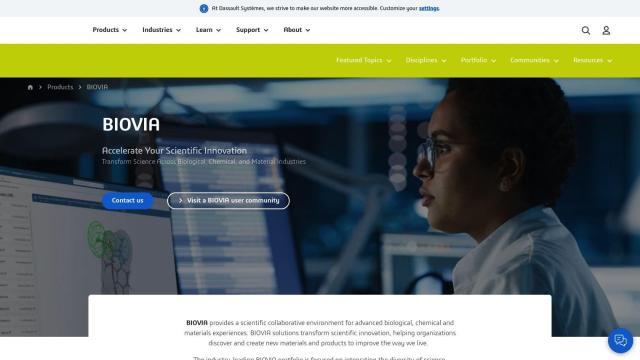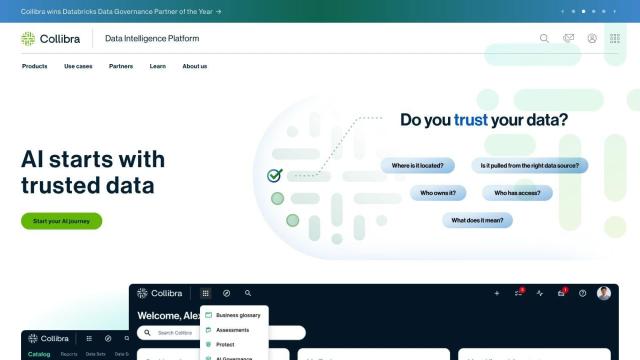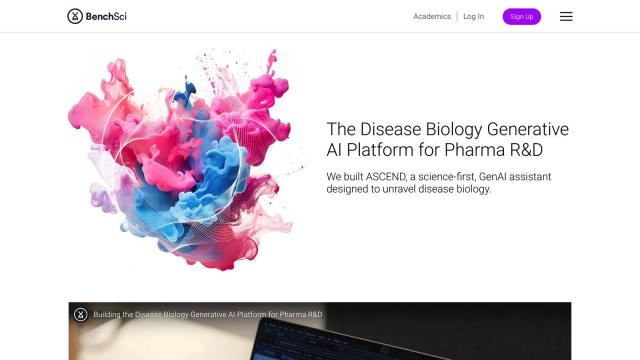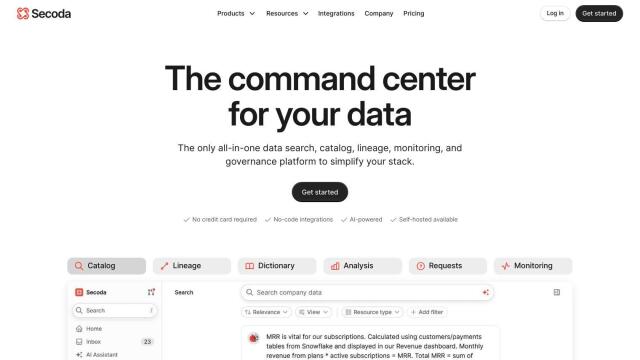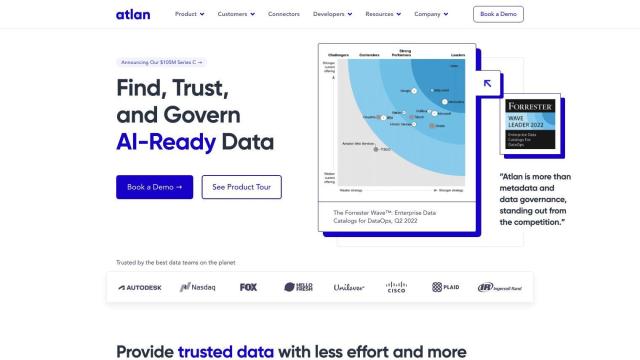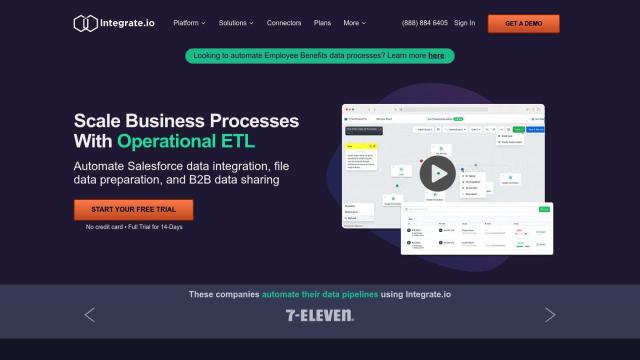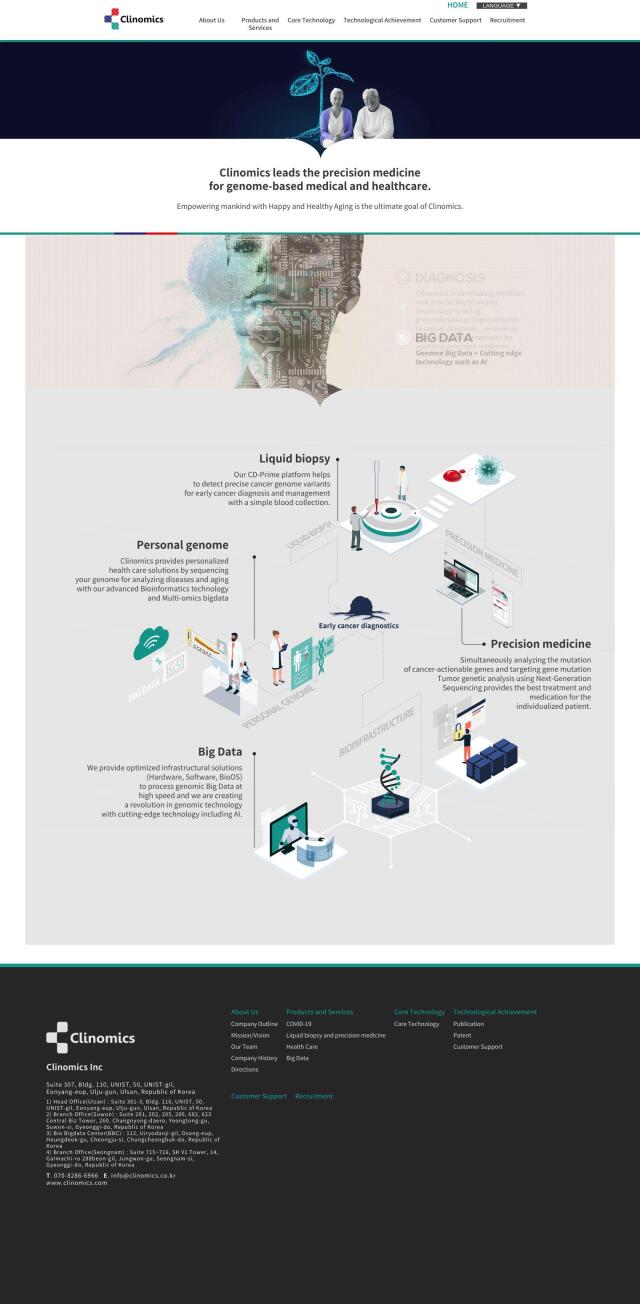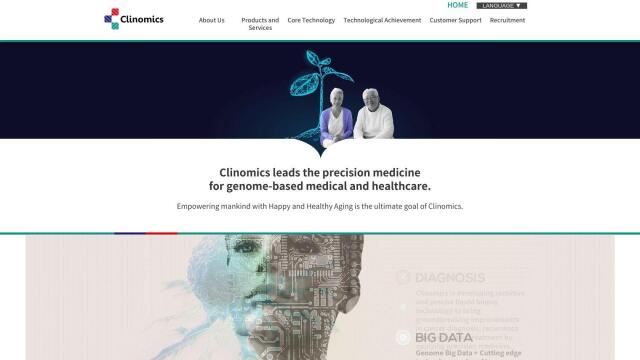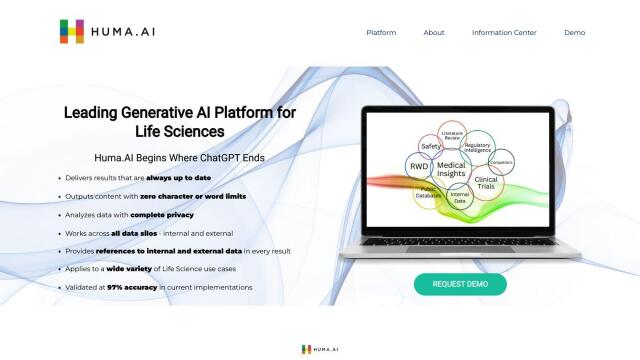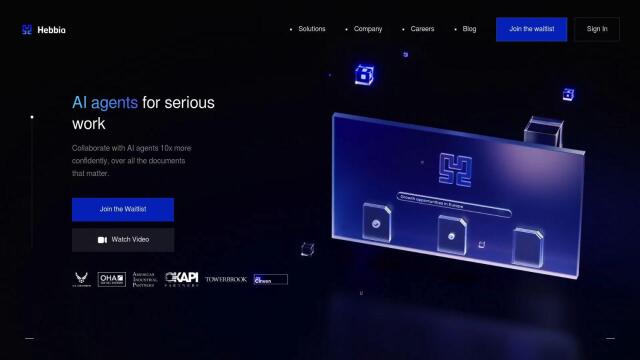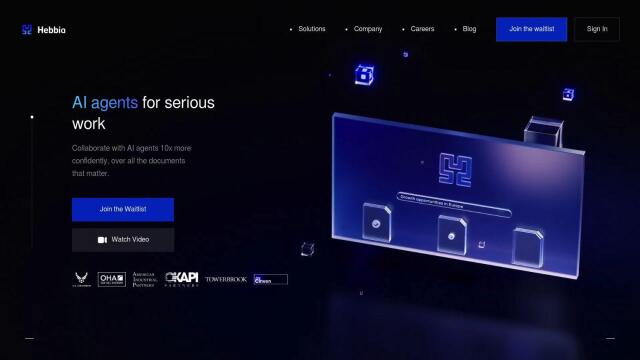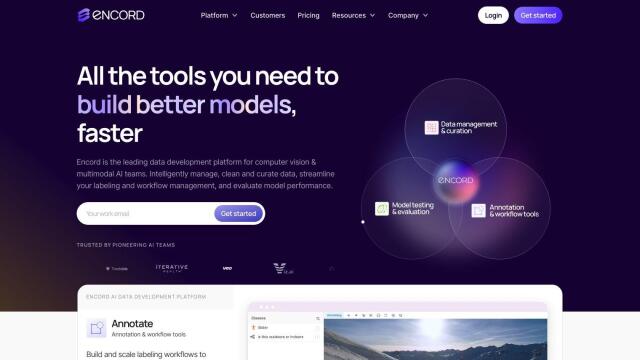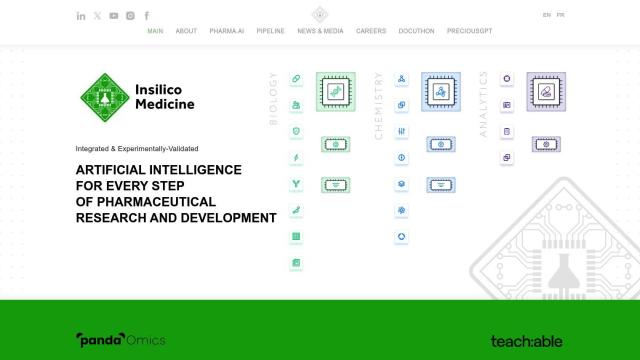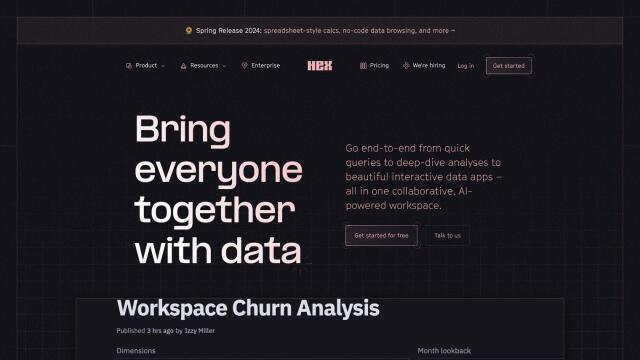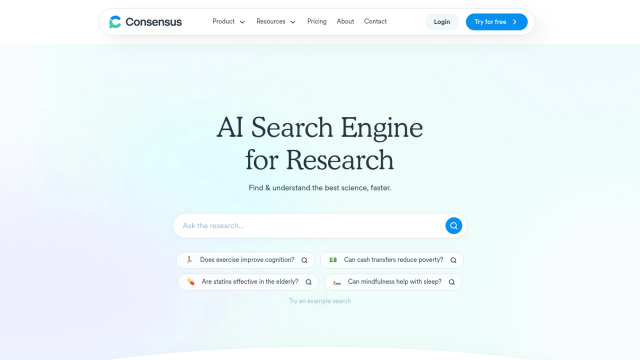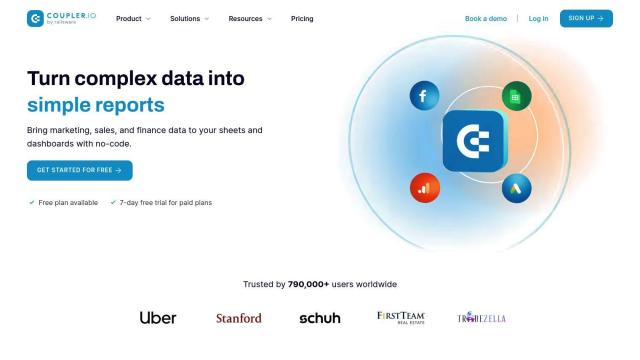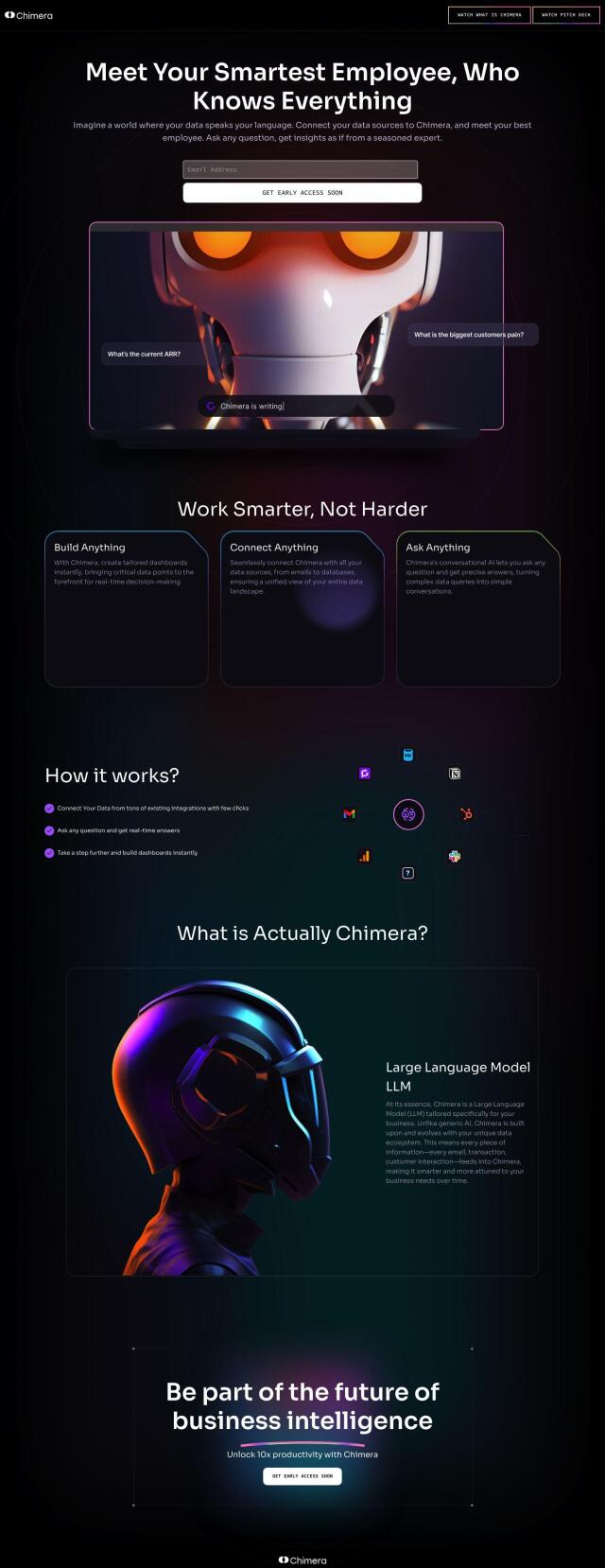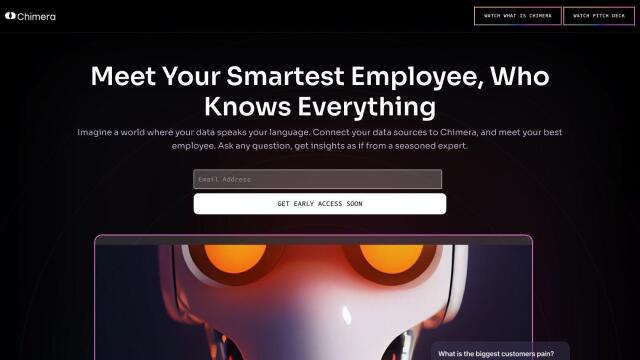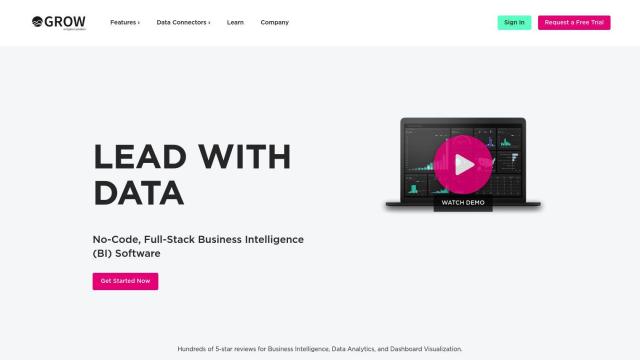Question: Is there a tool that can help me integrate and curate multiomics data from different sources and provide a single source of truth?

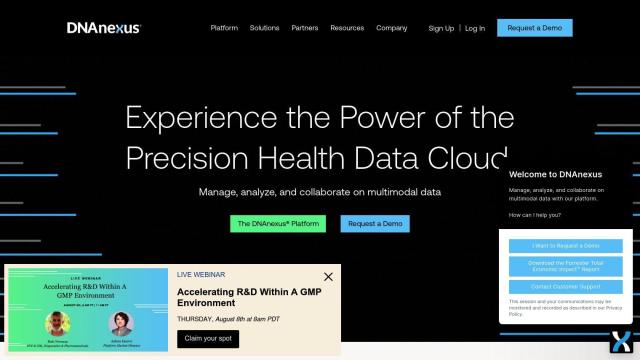
DNAnexus
If you need a system to aggregate and curate multiomics data from different sources, DNAnexus could be a good choice. The company's platform is designed to manage, analyze and collaborate on multimodal precision health data. It comes with a collection of tools to ingest, curate, store and integrate omics data, along with a large library of bioinformatics tools and AI/ML algorithms. The platform also includes cohort analysis, data visualization, and a secure environment for research and collaboration, with support for regulations like GxP, GDPR and HIPAA.
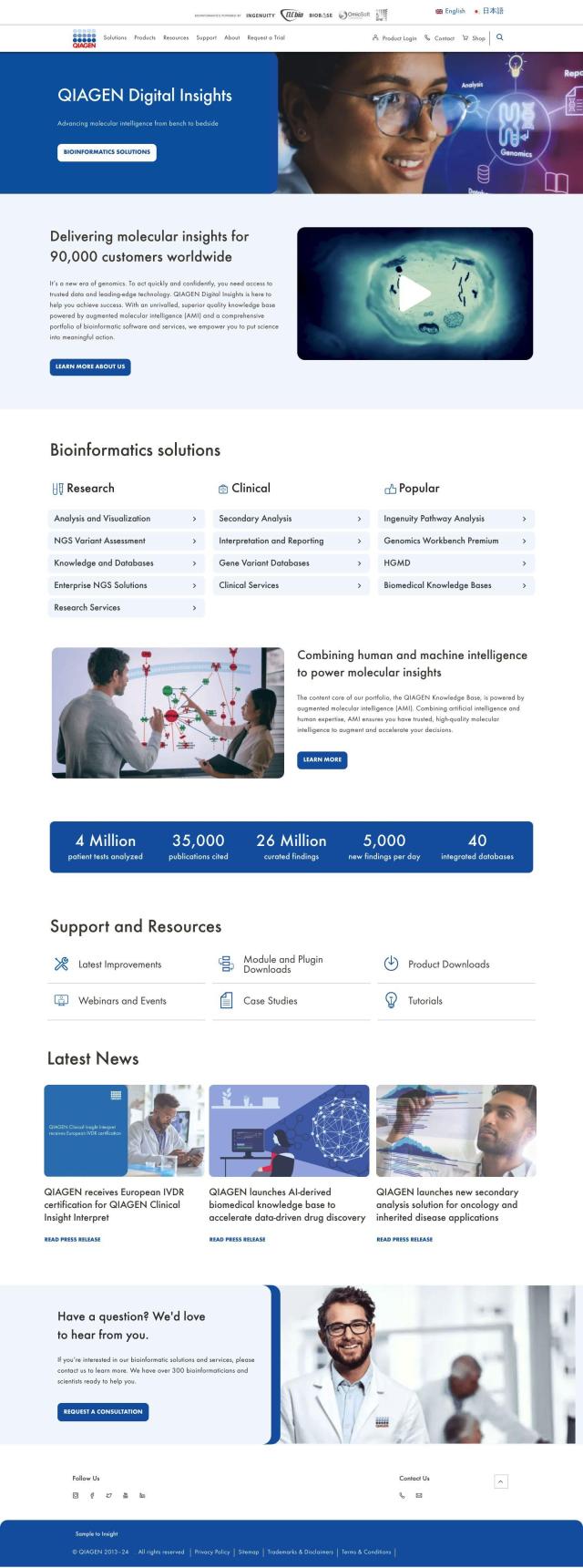
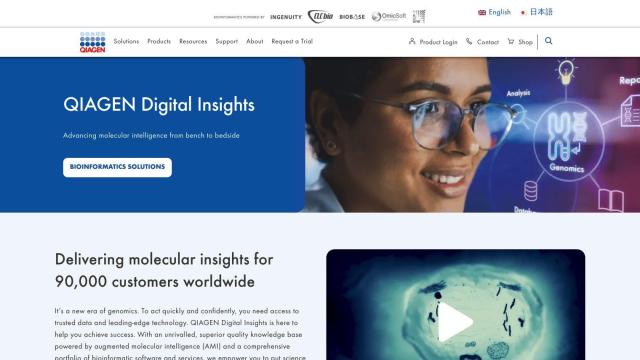
QIAGEN Digital Insights
Another good choice is QIAGEN Digital Insights, a broad bioinformatics software suite. It offers expert-curated solutions for genomic and clinical research, so customers can get useful results from basic research all the way to patient treatment. The suite includes tools like Ingenuity Pathway Analysis and Genomics Workbench Premium that have powerful abilities for variant annotation, filtering and triage. It also includes a Knowledge Base powered by augmented molecular intelligence for trusted and authoritative molecular insights.

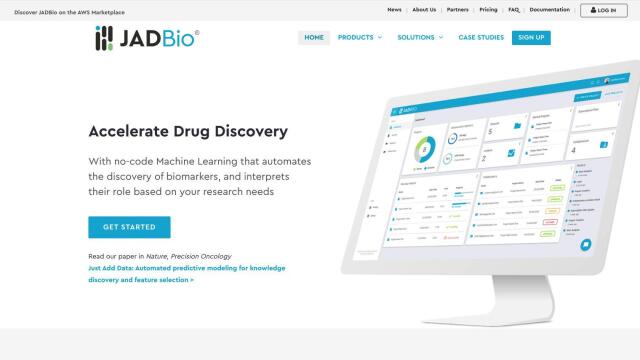
JADBio
If you prefer a no-code machine learning approach, JADBio is another option. The platform automates biomarker discovery and interpretation, including multi-omics data like genomics, transcriptome and metabolome. It includes tools like AutoML, feature interpretation and model tuning, so it's good for researchers who want to explore a variety of conditions like cancer, immune and endocrine systems and infectious diseases.
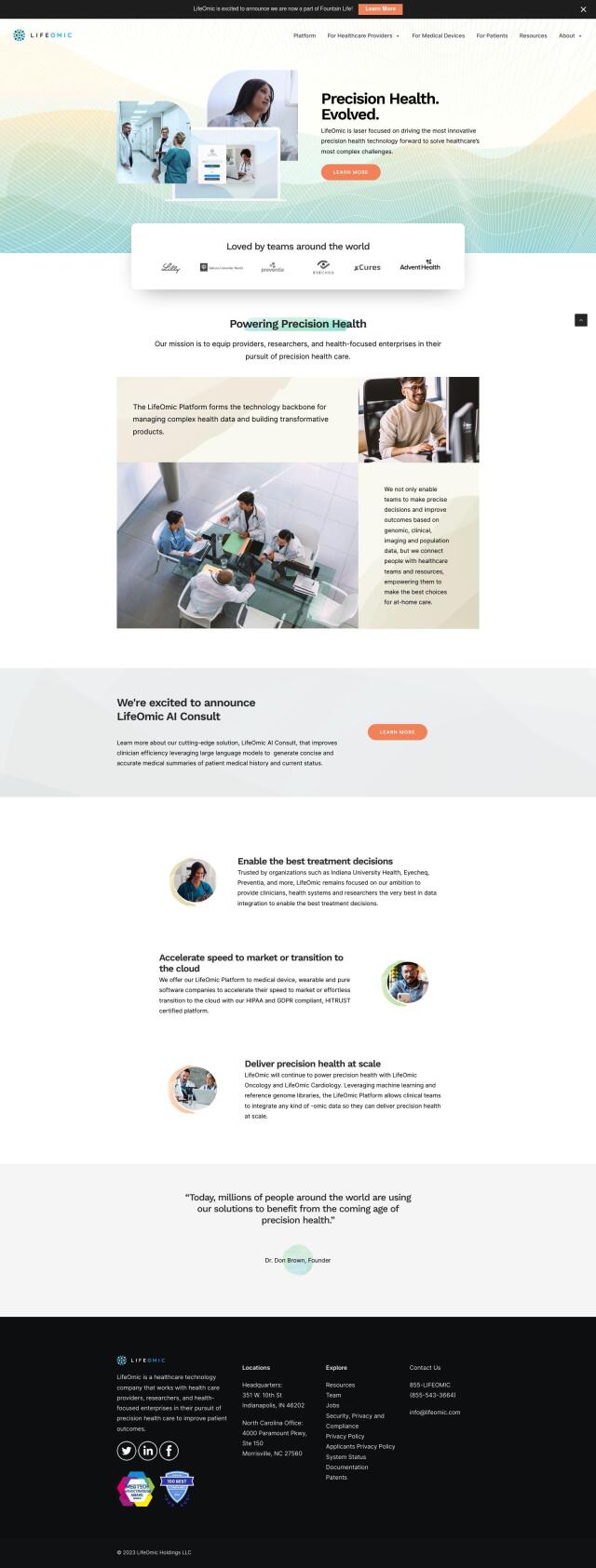
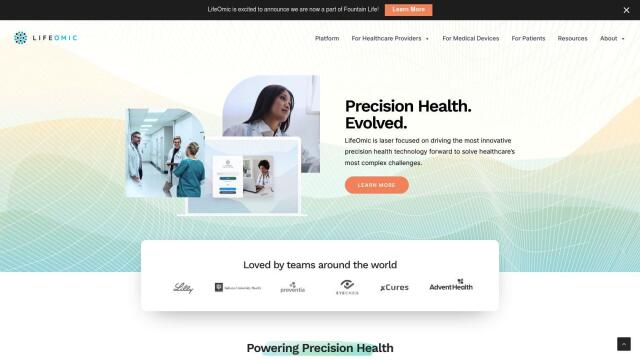
LifeOmic
Last, LifeOmic offers a broad platform that combines genomic, clinical, imaging and population data so healthcare providers can make decisions. It includes tools like LifeOmic AI Consult for summarizing medical information and LifeOmic Molecular Tumor Board for integrating clinical, molecular, genomic and public/private data sets. It's geared for healthcare providers, researchers and health-focused companies, offering tools to improve patient health and make more informed health care decisions.

